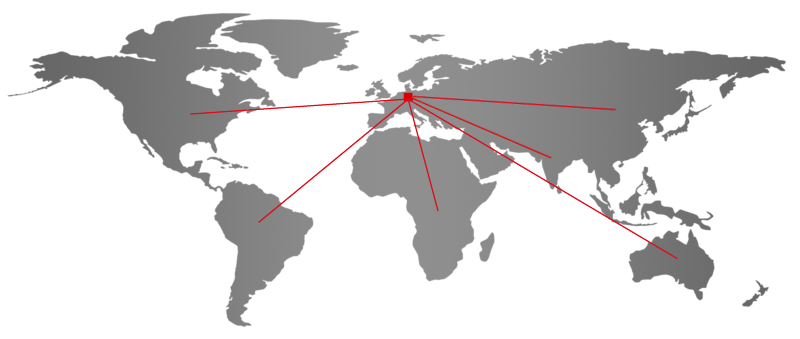Interview by ESB Business School, Reutlingen University with Professor Philipp von Carlowitz, Head of the DBA research group:
In this interview, he shares some insights on `doing business in Africa´ and explains why some German firms are reluctant to do business in African markets. He also outlined how international companies may establish succesful business contacts in African countries.
Professor Philipp von Carlowitz has been studying the success factors of business in Africa for many years. He knows what cultural differences Europeans can expect there.
🗨️ You know Africa like the back of your hand. What is different when it comes to culture and communicating with people?
As a rule, the atmosphere is very relaxed. But there are differences. In Kenya or Uganda, people wait and see, it’s very hierarchical and requires close leadership. Employees tend to hold back with their opinions. In Ethiopia, on the other hand, people are very self-confident. However, you always have to be sensitive, but this applies all over the world. You have to understand how the country and life there work to understand the people. For instance, if employees are tired, they may not have had anything to eat to save money for their children’s school fees.
🤔 Can you understand why so many companies are hesitant about venturing into Africa?
In some ways, yes. Africa consists of 54 countries with 54 legal systems, the markets are small and challenging by international comparison, and financing your business is challenging. On the other hand, the continent is more modern than many in Europe think. For instance, 30 countries have banned plastic bags, Rwanda’s 5G mobile network is better than Germany’s, medicines are delivered to remote areas via drones, and sharing platforms are booming. We should stop seeing Africa as a special case. People don’t want charity; they just want to do business.
🤝 How do companies establish contacts in Africa?
There are several ways, depending on the country. For us scientists, one entry option is via universities. We also establish extensive networks of companies for our research. Here we get in touch with various stakeholders, depending on what type of contacts we need. One option – also for companies – is to contact the local AHKs (German Chambers of Commerce Abroad) where available. We also have a good network of local associations with which we cooperate to establish contacts with, e.g., local companies.
So far, we have leveraged our extensive network across many African countries but also with companies’ headquarters in Europe to get in touch with local subsidiaries. Often it is along the lines of “you know someone who knows someone”. To get access to such networks it also pays for companies to hire a consultant with such a network to find a fast access to the right stakeholders. For companies that have had little exposure to African markets, delegation trips or trade fairs may also be an option.
Source => https://www.linkedin.com/feed/update/urn:li:activity:7329385342162116608


